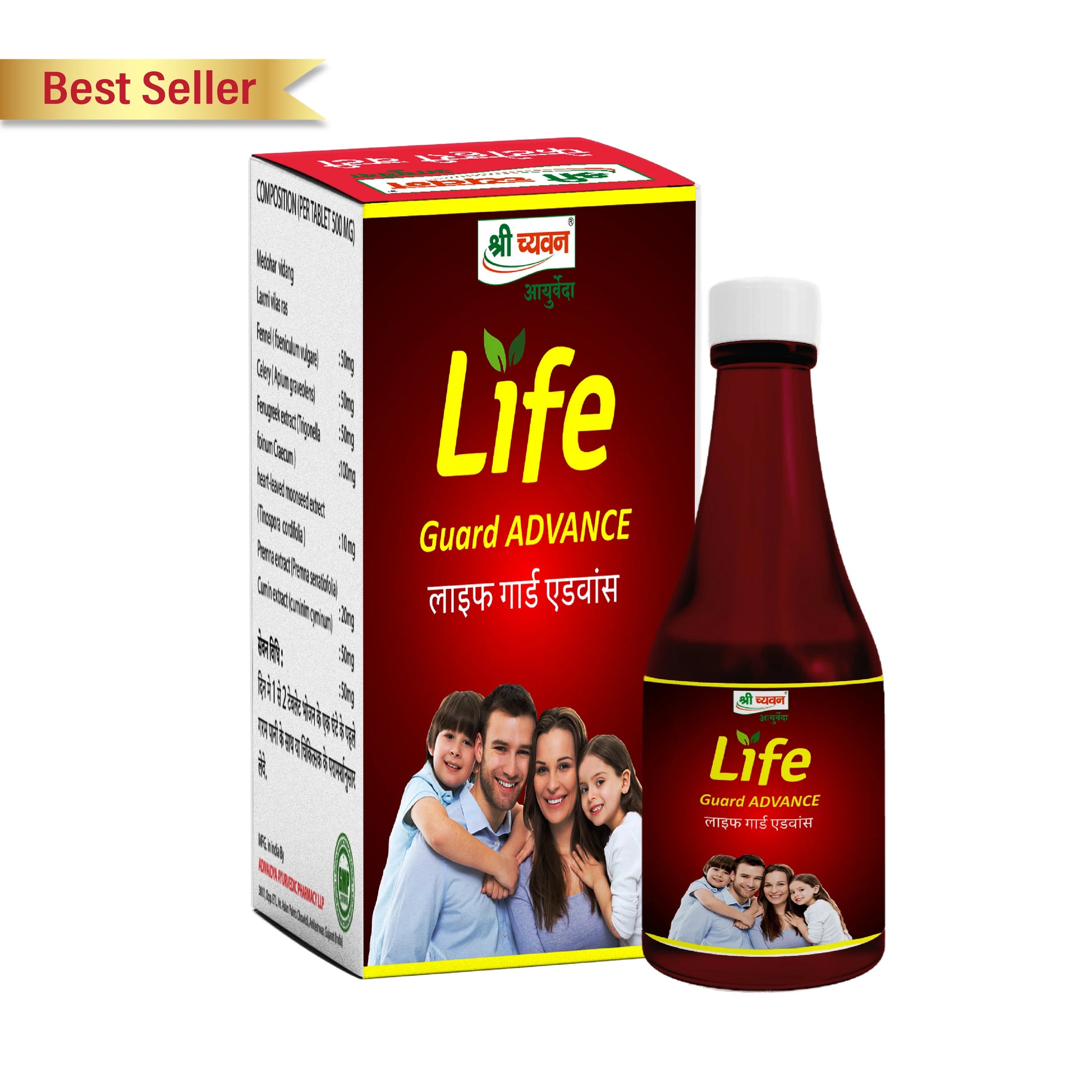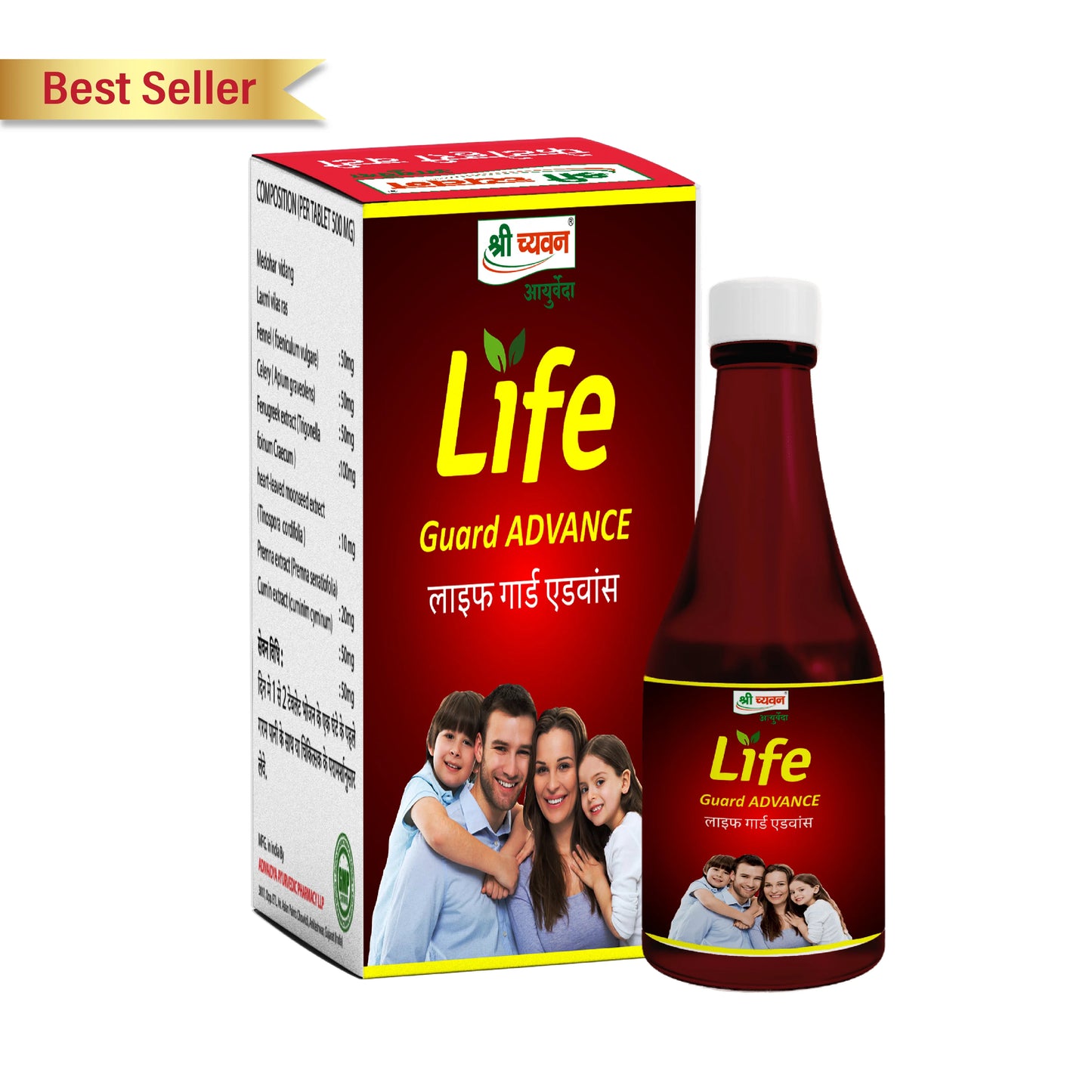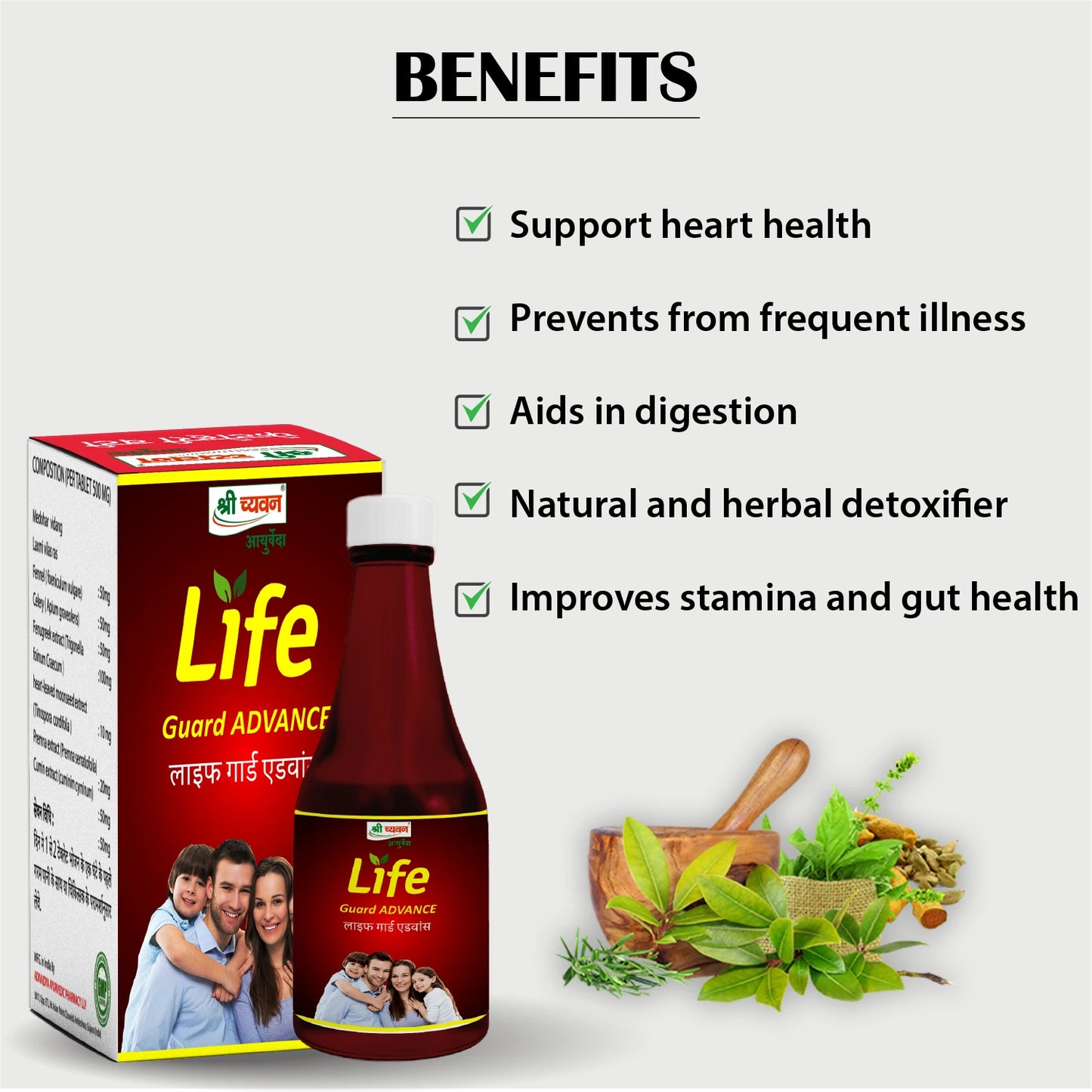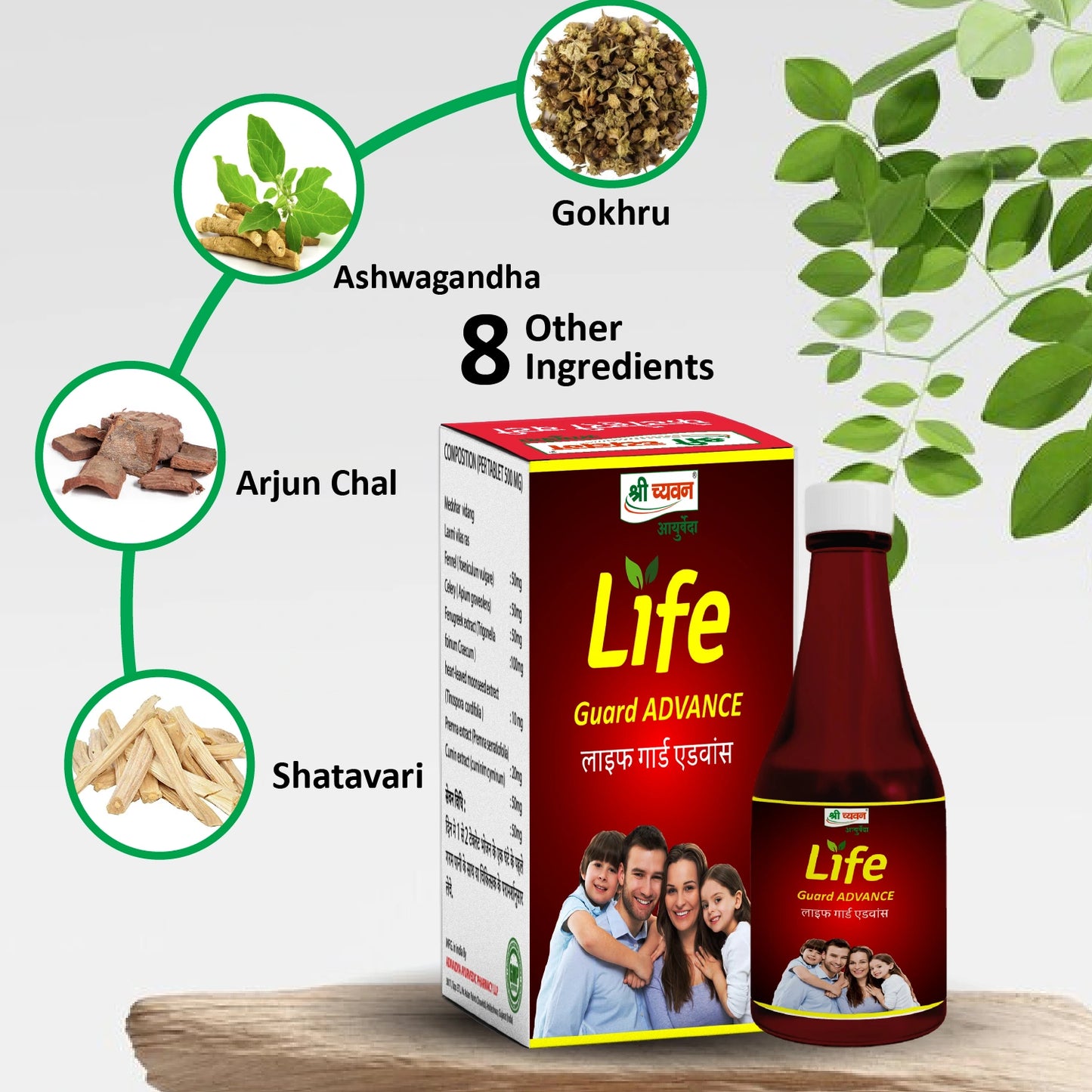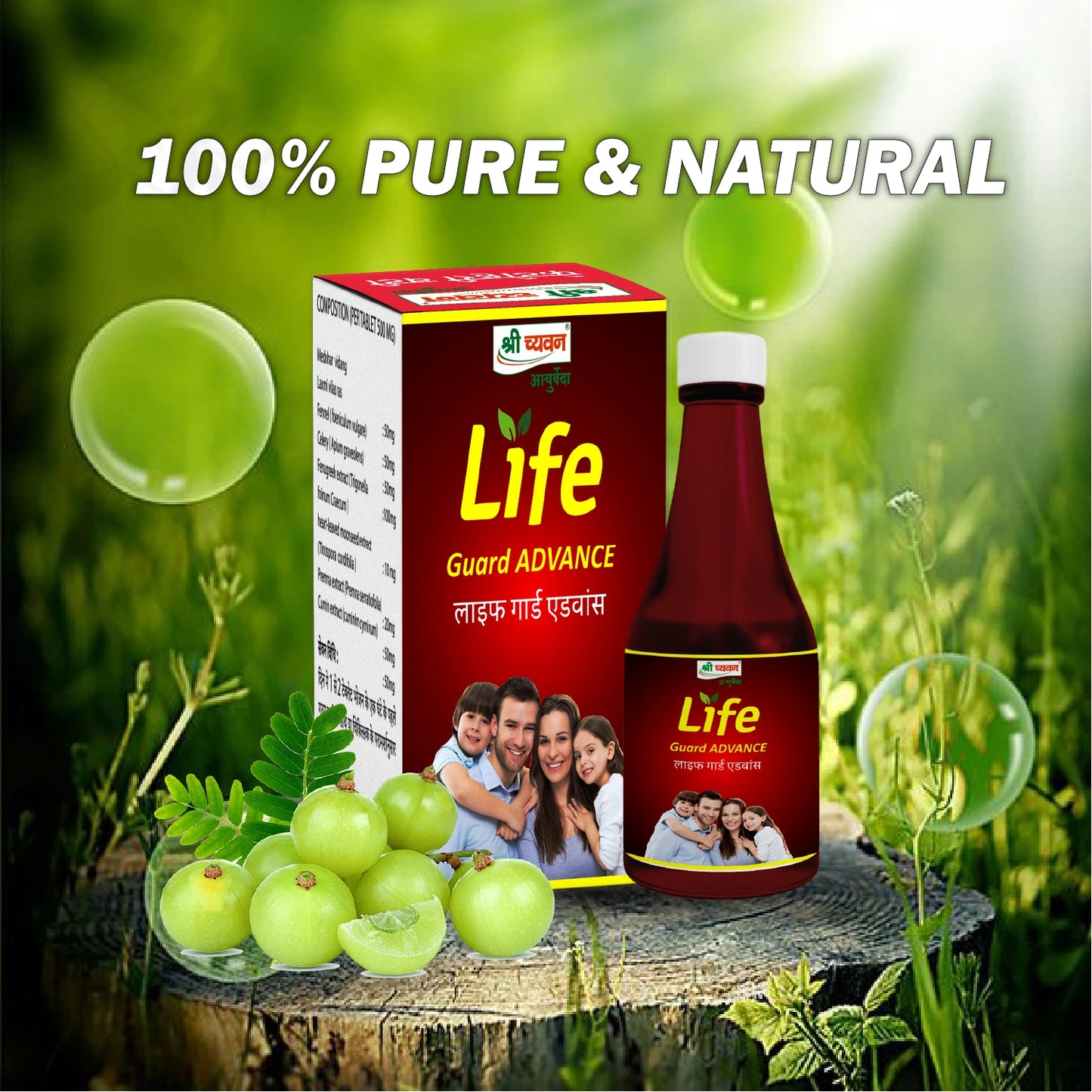High cholesterol levels are a significant risk factor for heart disease and stroke. While medication can help manage cholesterol levels, making dietary changes is a crucial step in reducing cholesterol naturally. In this comprehensive guide, we explore the best foods that can help lower cholesterol levels effectively.
Understanding Cholesterol:
Cholesterol is a waxy substance produced by the liver and also found in certain foods. There are two main types of cholesterol:
- Low-Density Lipoprotein (LDL) cholesterol: Often referred to as "bad" cholesterol, high levels can lead to plaque buildup in arteries, increasing the risk of heart disease.
- High-Density Lipoprotein (HDL) cholesterol: Known as "good" cholesterol, HDL helps remove LDL cholesterol from the bloodstream, reducing the risk of heart disease.
Foods That Can Help Reduce Cholesterol:
When planning a diet to lower cholesterol, focus on incorporating foods that can help lower LDL cholesterol levels and promote heart health.
1. Oats and Whole Grains:
Oats and whole grains such as barley and quinoa are rich in soluble fiber, which can help reduce LDL cholesterol levels. Soluble fiber binds with cholesterol in the digestive tract and helps excrete it from the body before it's absorbed into the bloodstream.
2. Fruits and Berries:
Fruits like apples, berries (such as strawberries and blueberries), citrus fruits (like oranges and grapefruits), and avocados are rich in soluble fiber, antioxidants, and vitamins. These nutrients can help lower LDL cholesterol levels and support heart health.
3. Legumes:
Beans, lentils, chickpeas, and peas are excellent sources of soluble fiber and plant-based protein. Including legumes in your diet can help lower LDL cholesterol levels and improve overall heart health.
4. Nuts and Seeds:
Almonds, walnuts, flaxseeds, chia seeds, and hemp seeds are rich in healthy fats, fiber, and antioxidants. Consuming a handful of nuts or seeds as a snack or adding them to meals can help lower LDL cholesterol levels and reduce the risk of heart disease.
5. Fatty Fish:
Fatty fish like salmon, mackerel, trout, and sardines are high in omega-3 fatty acids, which can help lower triglycerides and increase HDL cholesterol levels. Aim to include fatty fish in your diet at least twice a week for heart-healthy benefits.
6. Olive Oil:
Olive oil is a healthy monounsaturated fat that can help lower LDL cholesterol levels when used in place of saturated fats like butter or margarine. Use extra-virgin olive oil for salad dressings and cooking to reap its heart-healthy benefits.
7. Leafy Green Vegetables:
Spinach, kale, collard greens, and Swiss chard are rich in antioxidants, vitamins, and minerals. They are also high in fiber, which can help lower LDL cholesterol levels and support heart health.
8. Soy Products:
Soybeans and foods made from soy, such as tofu and soy milk, are rich in plant-based proteins, fiber, and phytochemicals called isoflavones. Consuming soy products can help lower LDL cholesterol levels and improve overall heart health.

Tips for Incorporating Cholesterol-Lowering Foods:
- Meal Planning: Plan meals that incorporate a variety of cholesterol-lowering foods, such as oatmeal with berries for breakfast, a salad with leafy greens and avocado for lunch, and grilled salmon with steamed vegetables for dinner.
- Snacking: Choose heart-healthy snacks like a handful of nuts or seeds, fresh fruits, or vegetables with hummus.
- Cooking Methods: Use heart-healthy cooking methods such as baking, steaming, grilling, or sautéing with olive oil instead of frying.
Natural Treatment: Life Guard by Shri Chyawan Ayurveda:
What is Life Guard?
Life Guard is a natural herbal supplement crafted by Shri Chyawan Ayurveda. It is meticulously formulated to regulate cholesterol levels and enhance heart health using a blend of potent herbs renowned for their medicinal properties.
Benefits of Life Guard:
- Reduces LDL Levels: Assists in lowering levels of bad cholesterol, thereby reducing the risk of arterial plaque formation.
- Increases HDL Levels: Supports the elevation of good cholesterol, facilitating the removal of excess cholesterol from the bloodstream.
- Antioxidant Properties: The ingredients deliver antioxidant benefits, shielding the heart and blood vessels from oxidative stress.
- Improves Blood Circulation: Helps in maintaining healthy blood flow, mitigating blockages.
- Supports Overall Heart Health: Promotes cardiovascular health by maintaining a healthy cholesterol balance.
Key Ingredients of Life Guard:
- Arjuna (Terminalia arjuna): Renowned for its cardio-protective properties, Arjuna strengthens heart muscles and enhances circulation.
- Guggul (Commiphora mukul): Effective in reducing LDL and triglyceride levels, Guggul is a well-established herb in Ayurveda for cholesterol management.
- Garlic (Allium sativum): Known for reducing cholesterol levels and improving heart health through its anti-inflammatory and antioxidant properties.
- Turmeric (Curcuma longa): Contains curcumin, which lowers cholesterol levels and prevents heart diseases due to its anti-inflammatory properties.
- Amla (Emblica officinalis): Rich in vitamin C and antioxidants, Amla aids in reducing cholesterol levels and enhancing overall heart health.
- Green Tea Extract: Recognized for its antioxidant properties, green tea lowers LDL cholesterol and supports heart health.
- Fenugreek (Trigonella foenum-graecum): Helps in reducing cholesterol absorption in the intestines and improving lipid metabolism.
This meticulously crafted blend of herbs in Life Guard supports a natural approach to managing cholesterol levels and promoting heart wellness.
Conclusion:
Incorporating cholesterol-lowering foods into your diet can significantly impact your cholesterol levels and reduce your risk of heart disease. Remember to combine a healthy diet with regular physical activity and lifestyle changes for optimal heart health. Consult with your healthcare provider or a registered dietitian to create a personalized diet plan that meets your specific health needs and goals.
By making informed food choices and adopting a heart-healthy lifestyle, you can effectively manage cholesterol levels and promote overall well-being.
FAQ: Foods to Reduce Cholesterol:
Q1: Can certain foods lower cholesterol levels?
A: Yes, incorporating certain foods into your diet can help lower LDL (bad) cholesterol levels and improve overall heart health. Foods rich in soluble fiber, healthy fats, and antioxidants are particularly beneficial.
Q2: What are some examples of foods rich in soluble fiber?
A: Foods high in soluble fiber include oats, barley, quinoa, fruits like apples and berries, vegetables like Brussels sprouts and carrots, legumes such as beans and lentils, and nuts like almonds and walnuts.
Q3: How do nuts help lower cholesterol?
A: Nuts such as almonds, walnuts, and peanuts are rich in monounsaturated and polyunsaturated fats, which can help lower LDL cholesterol levels. They also contain fiber, plant sterols, and antioxidants that contribute to heart health.
Q4: Is it necessary to avoid all fats to lower cholesterol?
A: No, not all fats are harmful. Healthy fats, such as those found in avocados, olive oil, fatty fish (like salmon and trout), and nuts, can actually help improve cholesterol levels and support heart health when consumed in moderation.
Q5: Can soy products help lower cholesterol?
A: Yes, soy products like tofu, tempeh, and soy milk contain plant-based proteins, fiber, and isoflavones that may help lower LDL cholesterol levels. Incorporating soy into a balanced diet can contribute to heart health benefits.
Q6: Should I consult a healthcare provider before making dietary changes to lower cholesterol?
A: Yes, it's advisable to consult with a healthcare provider or registered dietitian before making significant dietary changes, especially if you have existing health conditions or are taking medications for cholesterol management.


